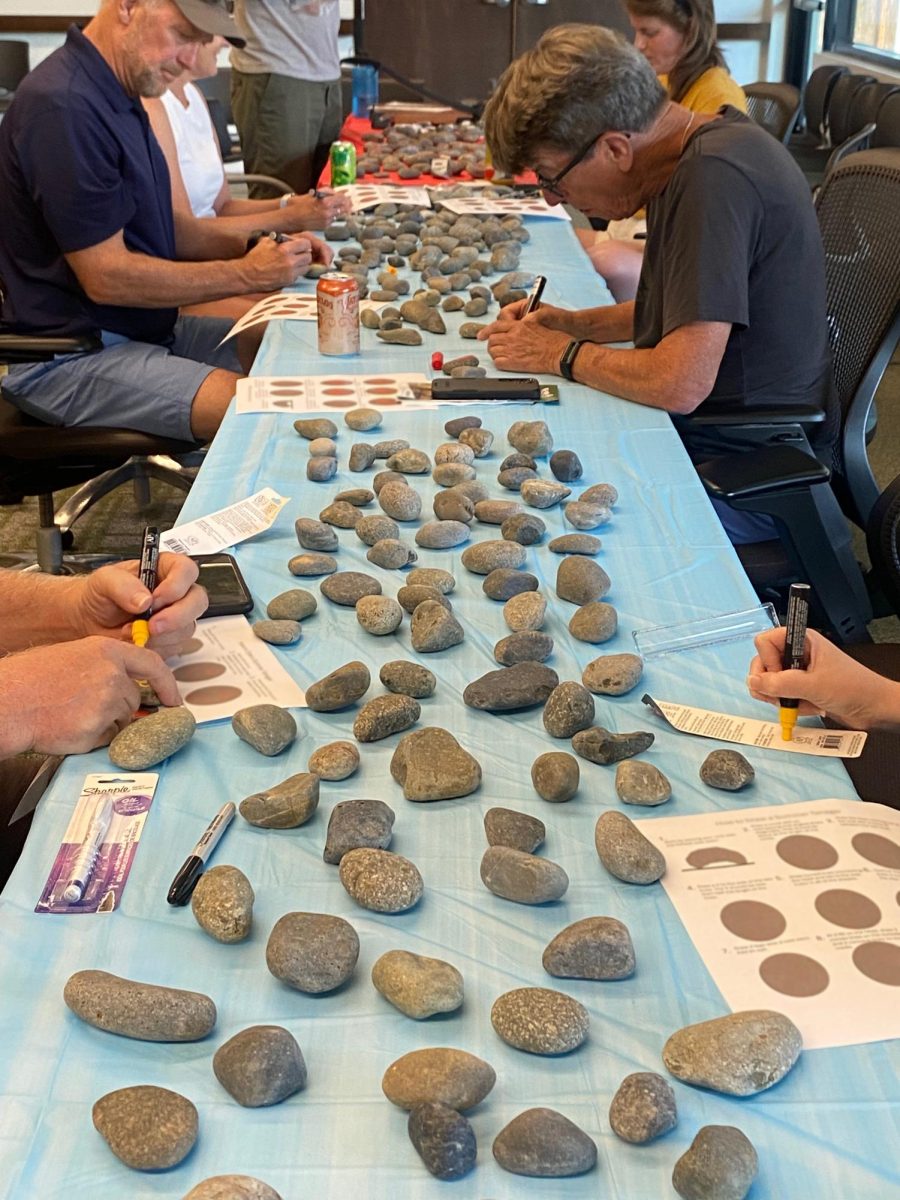Second of a four-part series
Thousands of Missourians are now living in apartments or houses that have been damaged by the flood of ’93.
Carpets have been drenched; walls have been stained by water and mud; appliances have been ruined; and the smell of mildew or worse odors is everywhere.
Neither landlords nor tenants caused this damage — and in the aftermath, everyone is searching for fair compromises.
Anyone renting an apartment that has been damaged by the flood, should talk with their landlord. If the apartment is safe and habitable, negotiate for a rent reduction until the apartment can be repaired. Those who want to move out because of the damage, may take a few weeks until you find new place. Landlords may allow renters to stay for free until they relocate.
If the apartment is unsafe or uninhabitable, don’t compromise health or safety. Notify landlords of problems. Put everything in writing and make sure to keep a copy of any notice to the landlord.
Allow the landlord a reasonable time to make repairs, but in the meantime, stay somewhere that is safe and sanitary. In some cases, it may be necessary to break a lease.
If renters don’t have enough money to move out and the landlord hasn’t started repairing a damaged apartment, house or trailer, consider withholding rent.
This is a serious step, and before taking it renters should talk with someone at the nearest Legal Aid Office. These offices have pamphlets that explain the steps to take once an occupant has decided to withhold rent.
Although landlords own the building or trailer, a renter’s personal possessions are their responsibility. Those who had renters’ insurance at the time of the flood, should contact their insurance company. They may get an advance payment to cover losses.
Some landlords may have insurance that covers a renter’s personal belongings. Those who didn’t have renters’ insurance should check with their landlord about his or her policy.
Losses that are not covered by insurance policies may be covered with an Individual and Family Grant (IFG). To apply for this grant, contact the Federal Emergency Management Agency at 1-800-462-7585.




























